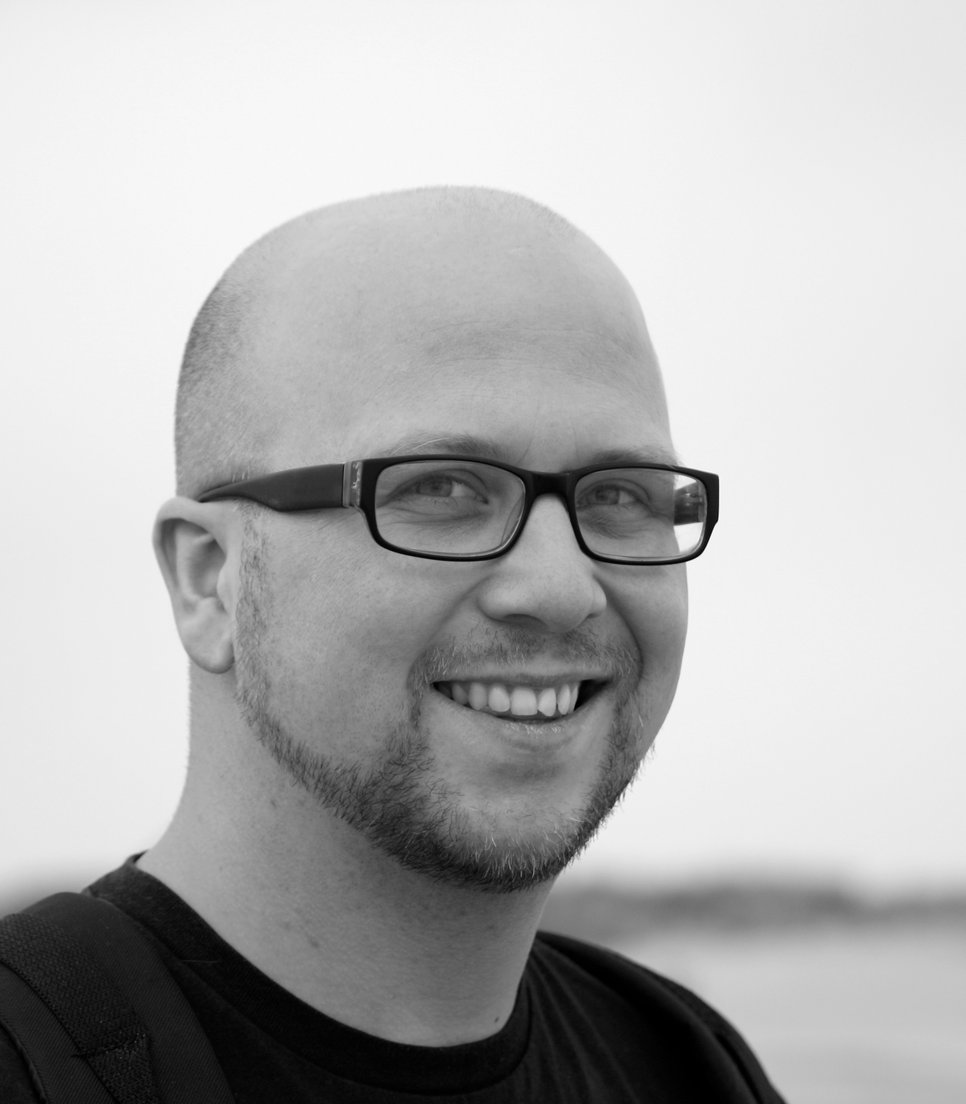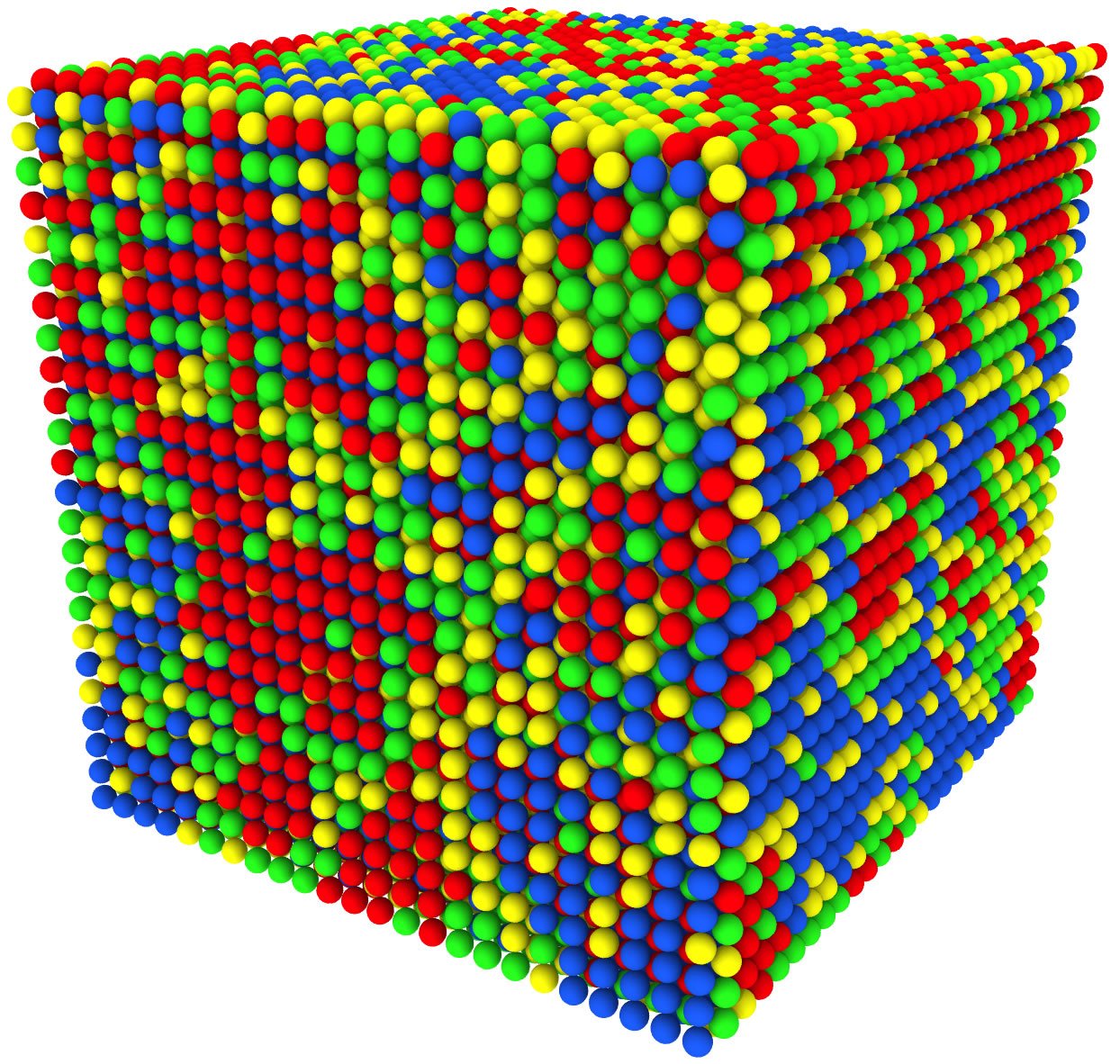Dutch Research Organisation supports Max Planck scientist with 800.000 euros
New project about systematic simulation of high-entropy alloys

The Dutch Research Organisation (NWO) supports the research of Dr. Fritz Körmann, project group leader in the department “Computational Materials Design” at the Max-Planck-Institut für Eisenforschung (MPIE) in Düsseldorf (Germany) and researcher at the Delft University of Technology (the Netherlands) with 800.000 euros for five years. The funding enables researchers to establish a research group in the Netherlands and to develop their own line of research.
Körmann will analyse high entropy alloys, a relatively new class of alloys with typically five and more constituents and with outstanding mechanical or magnetic and electronic properties. While common alloys consist of one or two main elements, the number of elements in high entropy alloys results in a vast amount of possible combinations, each one having different properties. So far more than 300 high entropy alloys were developed by using 30 elements. By extracting or adding one of them, the properties of the alloy are altered again. To generate high entropy alloys systematically and tailor-made them for technological applications such as turbines or the cooling industry, Körmann is going to develop a method which predicts the possible superior element combinations and their needed ratios. Körmann’s method development is based on ab initio calculations which are absolutely parameter-free and only based on fundamental physical laws and quantum mechanics thus saving time and money of costly experiments. Moreover a systematic approach enables to understand the relation between chemical composition and resulting alloy properties.

Fritz Körmann studied physics at the RWTH Aachen University and the Humboldt University of Berlin. His PhD thesis was about magnetic systems studied by first-principles thermodynamics, which he finished at the University of Paderborn and the Max-Planck-Institut für Eisenforschung 2011. He then continued working as a postdoctoral researcher at the MPIE till 2015. From 2015 till 2017 he remained at the MPIE as a guest researcher but mainly did his research at the Delft University of Technology (the Netherlands) where his research was funded by the German Research Foundation. Since 2017 Körmann is a project group leader back at the MPIE. Besides diverse awards for scientific publications and posters, Körmann successfully applied for a three-month scholarship to work at the University of California (Los Angeles, USA), and was awarded the Otto Hahn Medal for his outstanding PhD thesis by the Max Planck Society.
Author: Yasmin Ahmed Salem, M.A.

